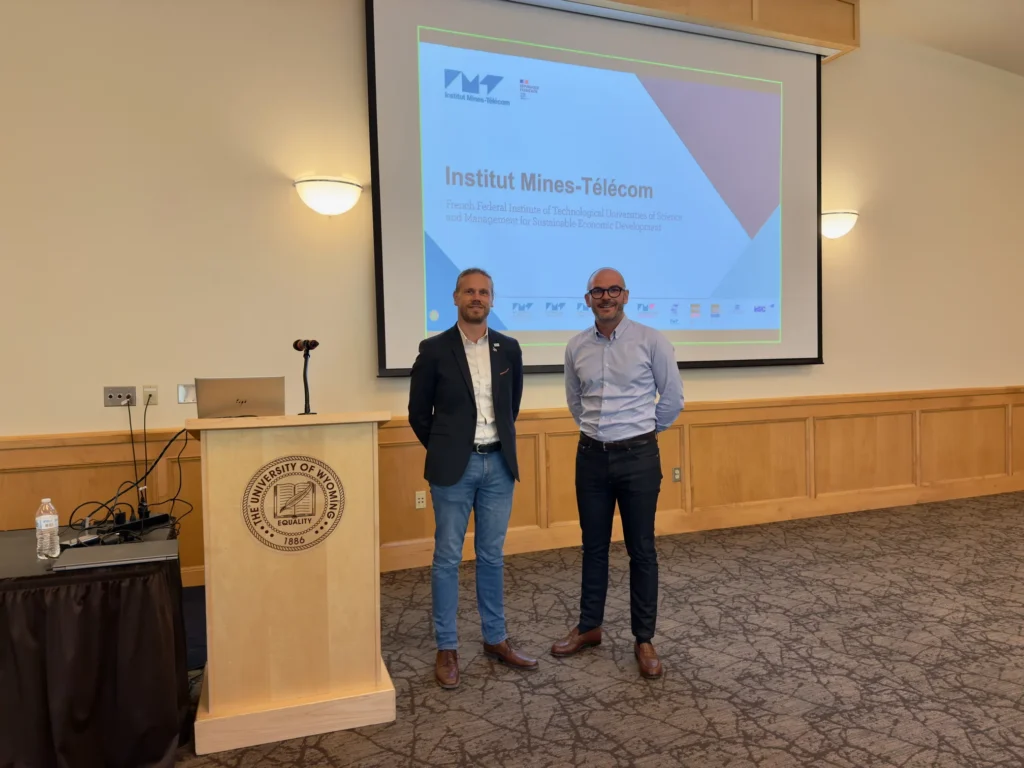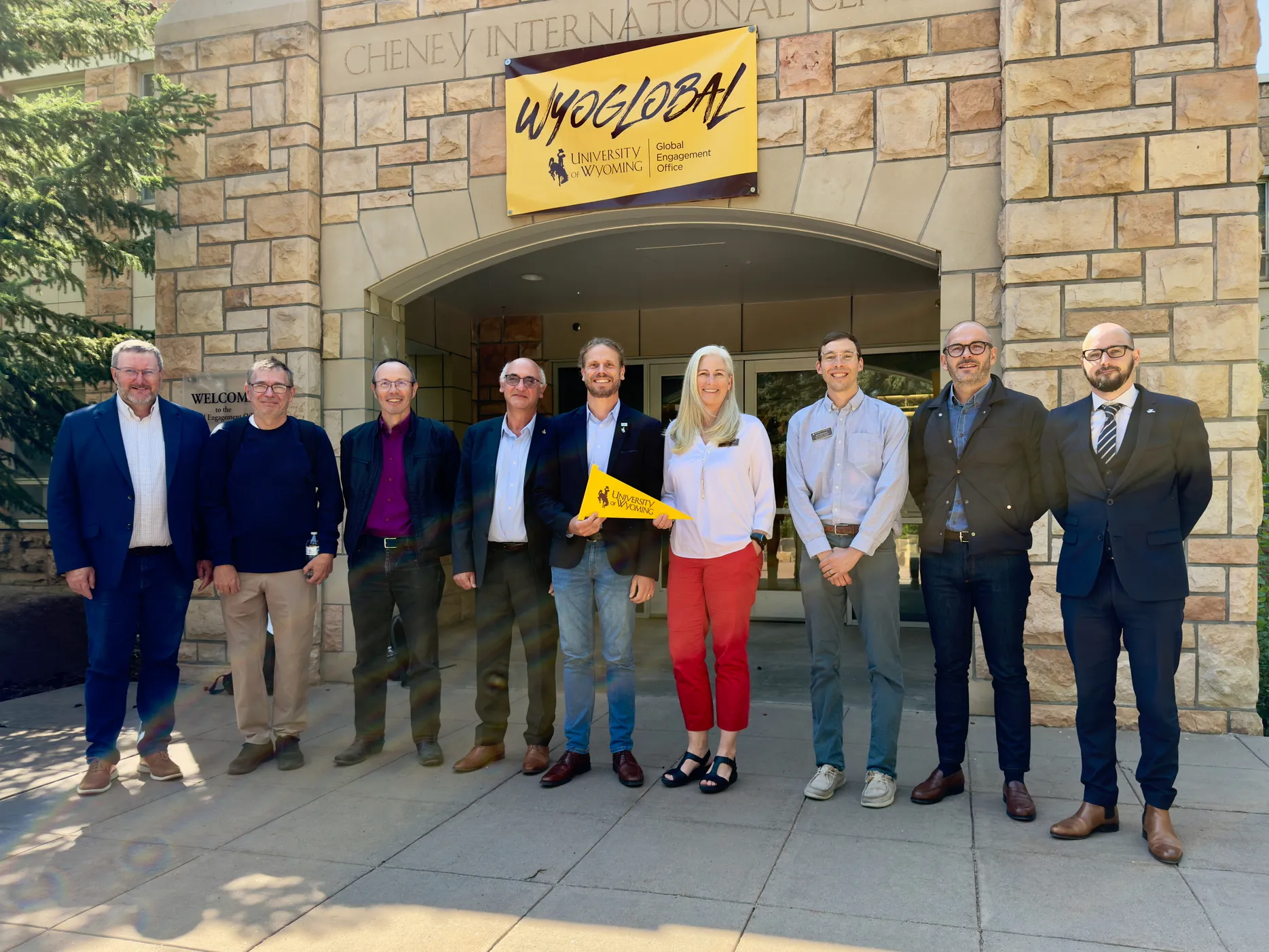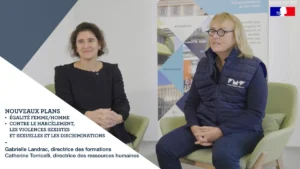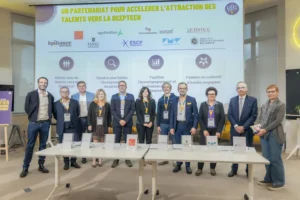From September 2 to 5, a delegation from IMT traveled to the University of Wyoming (UW) and the Western Research Institute (WRI) to explore new opportunities for cooperation.
Key topics included collaborative research, entrepreneurship, academic mobility, and regional innovation.
This mission, rich in exchange and insight, marks a new milestone in IMT’s international outreach.
Mission Highlights
As part of its ongoing international engagements, IMT has initiated a strategic dialogue with UW and WRI. Taking place during the annual Innovation Week, the mission brought IMT representatives into contact with key players in local economic development, research teams, and innovation support structures.
The objective: to identify synergies in shared areas of interest—critical materials, recycling, geosciences, regional resilience, and student mobility—and lay the groundwork for concrete collaborations : dual degrees, research internships, joint projects, learning expeditions, and a cross-incubation program.
This dynamic aligns perfectly with IMT’s mission: to educate and support the stakeholders of major transitions through world-class, collaborative research open to the world.
Next step : the EAIE conference in Gothenburg, where a new phase of this partnership will be formalized.
A Strategic Context: Innovation, Energy, and Territory
Located in the heart of the American West, Wyoming is a state historically rooted in natural resource industries—particularly in energy, geosciences, and materials. Today, it is undertaking an ambitious transition: leveraging its industrial and mining strengths to build new, innovation-driven economic models.
In this context, UW and the WRI—a historically affiliated independent research center—invited IMT to participate in their Innovation Week, a key annual event that brings together researchers, startups, investors, and policymakers. It provided a unique opportunity to initiate strategic discussions on shared challenges: research valorization, regional transitions, and innovation acceleration.
An Intensive Program with Committed Partners
Over four days, IMT teams met with around 30 stakeholders: UW’s Office of Research, local incubators (IMPACT 307, CEI), startups such as Uplink Robotics, the Wyoming Business Council, faculty from the School of Energy Resources and Global Engagement Office, as well as industrial partners and National Science Foundation (NSF) representatives.
Key highlights included :
- A visit to the IMPACT 307 incubator and discussions on local startup needs;
- Participation in an NSF Project Pitch focused on deeptech innovation support mechanisms (SBIR/STTR);
- A keynote by Yann Busnel, IMT’s Chief Scientific Officer, and Paul-Guilhem Meunier, Deputy Director for Economic Development and Entrepreneurship, on incubation and academic transfer, presented to an audience of investors and innovation experts;
- Discussions with the School of Energy Resources and WRI on high-impact research topics: coal ash and residue recovery, complex materials recycling, CO₂ capture, low-carbon processes…
These subjects resonate strongly with IMT’s scientific and technological expertise, and its commitment to transforming regions—both in France and internationally.

Concrete Synergies in Research and Innovation
Following the mission, several collaborative prospects have emerged.
On the research front, joint projects could soon be initiated with UW’s School of Energy Resources and the WRI, drawing on IMT’s expertise in geosciences, process engineering, critical materials, and environmental sciences.
Student and PhD mobility is also a priority, with the potential for exchange programs (Master’s internships, PhD theses) starting in 2026. A Memorandum of Understanding (MoU) is underway, with a potential formal signing during a visit to Europe by the President of the University of Wyoming in late September.
Another key avenue: entrepreneurship. Inspired by IMT — France’s leading public academic incubator network — the U.S. partners aim to co-develop a transatlantic support program focusing on topics such as regional resilience, natural hazards (wildfires), geosciences, and environmental innovation.
Driving International Engagement
This initiative is part of IMT’s broader internationalization strategy : fostering impactful research partnerships, enhancing academic exchange, and building open innovation ecosystems.
It also embodies IMT’s identity: a committed actor working alongside regions and the economy to educate and support those shaping tomorrow’s transformations.




